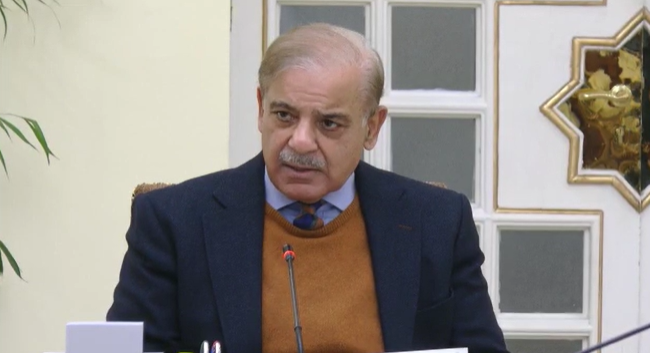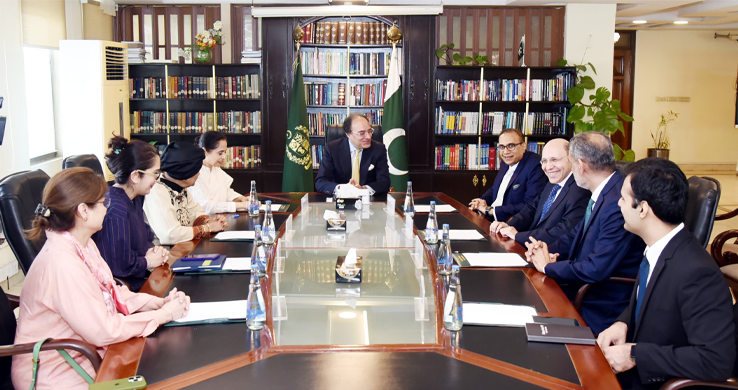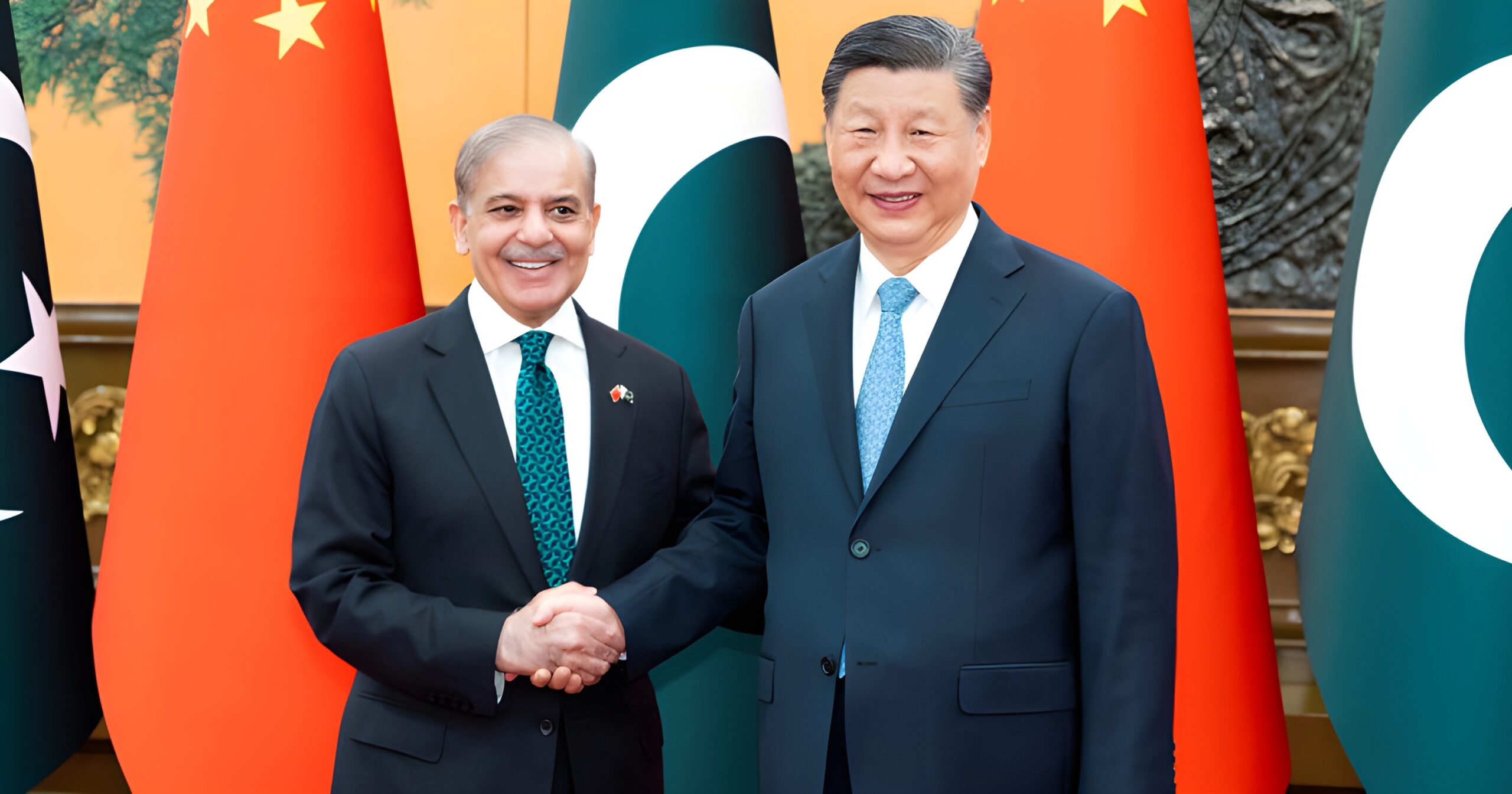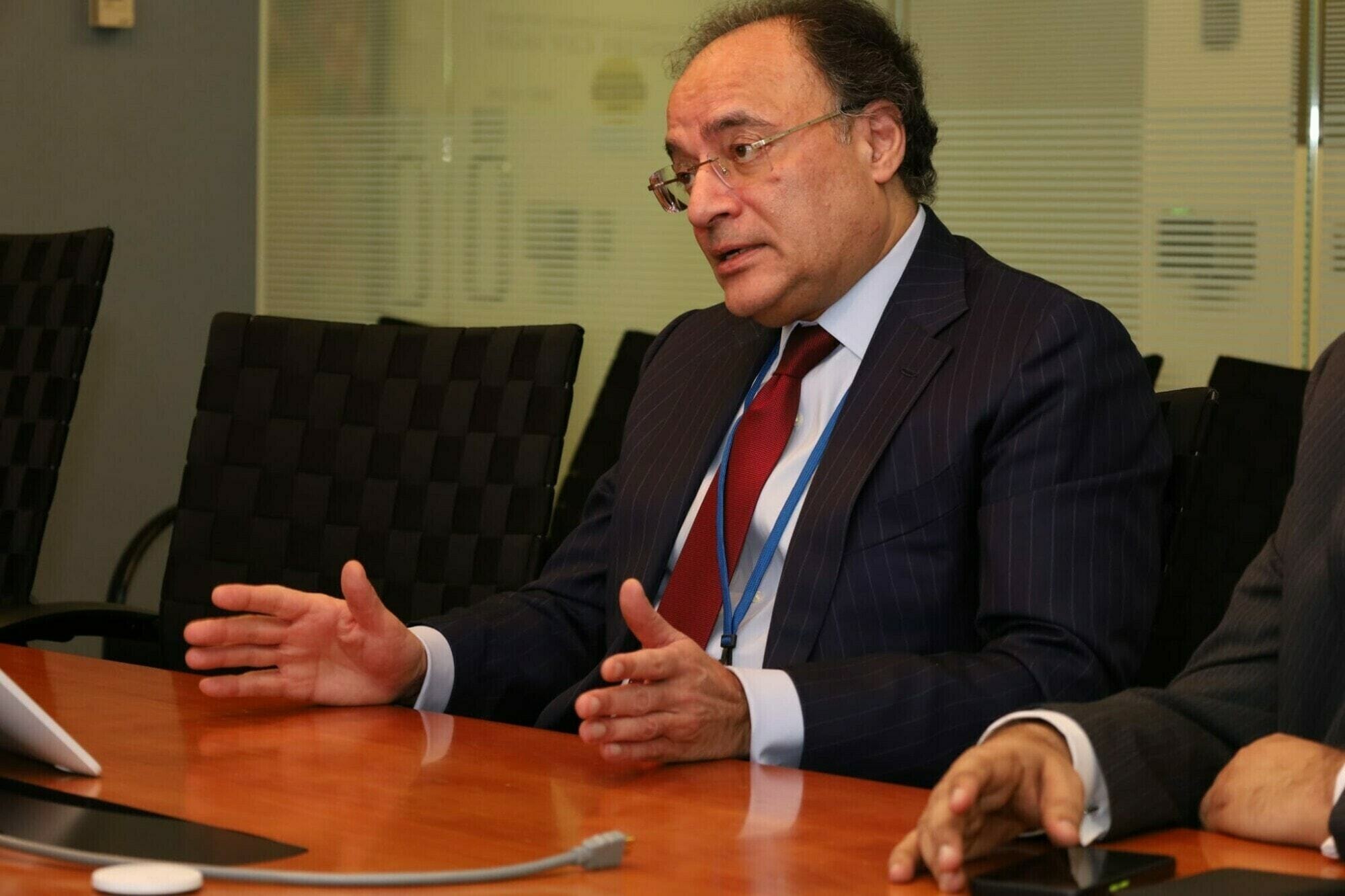PTBP Web Desk
Prime Minister Shehbaz Sharif of Pakistan has announced a strategic partnership with the United Arab Emirates (UAE) and Saudi Arabia. Addressing Pakistani business leaders and investors in Dubai, PM Sharif detailed how this collaboration aims to exploit Pakistan’s untapped mineral reserves, which are estimated to be worth trillions of dollars.
Over the past year, Pakistan has seen a stabilization in its macroeconomic indicators, largely thanks to a supportive program from the International Monetary Fund (IMF). PM Sharif highlighted that inflation had dropped to a manageable 2.4% in January, with the central bank’s policy rate standing at 12%. These improvements signal a positive shift in the country’s economic framework, offering a more stable environment for growth and investment.
The Prime Minister emphasized that Pakistan’s exports have shown a year-on-year increase, contributing to the national economy. Additionally, foreign remittances have peaked at a record $3 billion, underscoring the resilience and potential of Pakistan’s diaspora in supporting national economic stability. Despite these gains, PM Sharif acknowledged that the path forward would involve overcoming significant economic challenges, but assured that the government’s direction was aligned with fostering sustainable growth.
The heart of PM Sharif’s address revolved around the mining sector. He lamented the lack of progress in exploiting Pakistan’s rich mineral resources but expressed optimism about the new collaborations. The partnership with UAE and Saudi Arabia is not merely about extraction but about creating a structured approach to mining that could transform the economic landscape of Pakistan. This initiative is poised to bring not only direct economic benefits but also technological and infrastructural advancements to the region.
Recognizing the demographic dividend, PM Sharif pointed out that 60% of Pakistan’s population is between 15-30 years old. He underscored the importance of investing in this young demographic through education and skill development, particularly in information technology. By training the youth in modern tech fields, Pakistan aims to pivot towards a knowledge-based economy, potentially reducing unemployment and enhancing productivity.
Agriculture remains another cornerstone for economic revitalization. PM Sharif noted the stagnation in crop yields over decades due to outdated practices. In response, the government is funding a program to send 1,000 fresh agricultural graduates to China for advanced training. This initiative seeks to bring back modern agricultural techniques that can significantly boost productivity, helping Pakistan regain its competitive edge in global markets for rice, sugar, cotton, and wheat.
The strategic partnerships with UAE and Saudi Arabia, combined with internal reforms in education, agriculture, and mining, are set to redefine Pakistan’s economic narrative. The government’s clear focus on these areas is a testament to its commitment to not just economic recovery but long-term prosperity.




